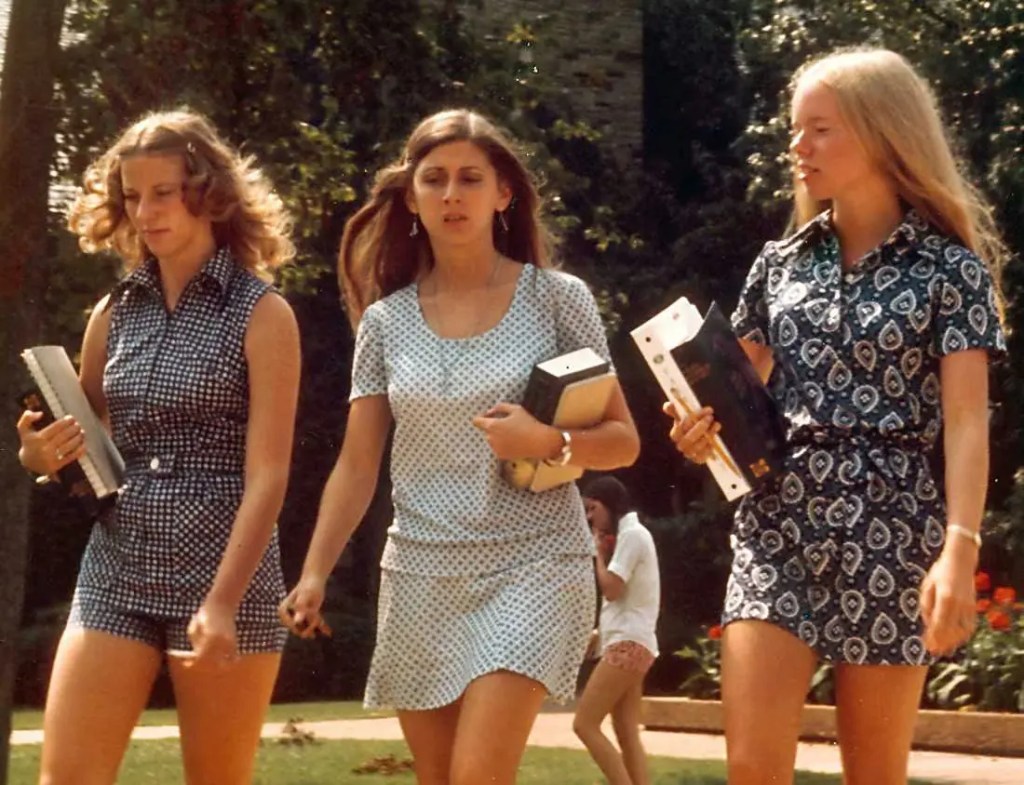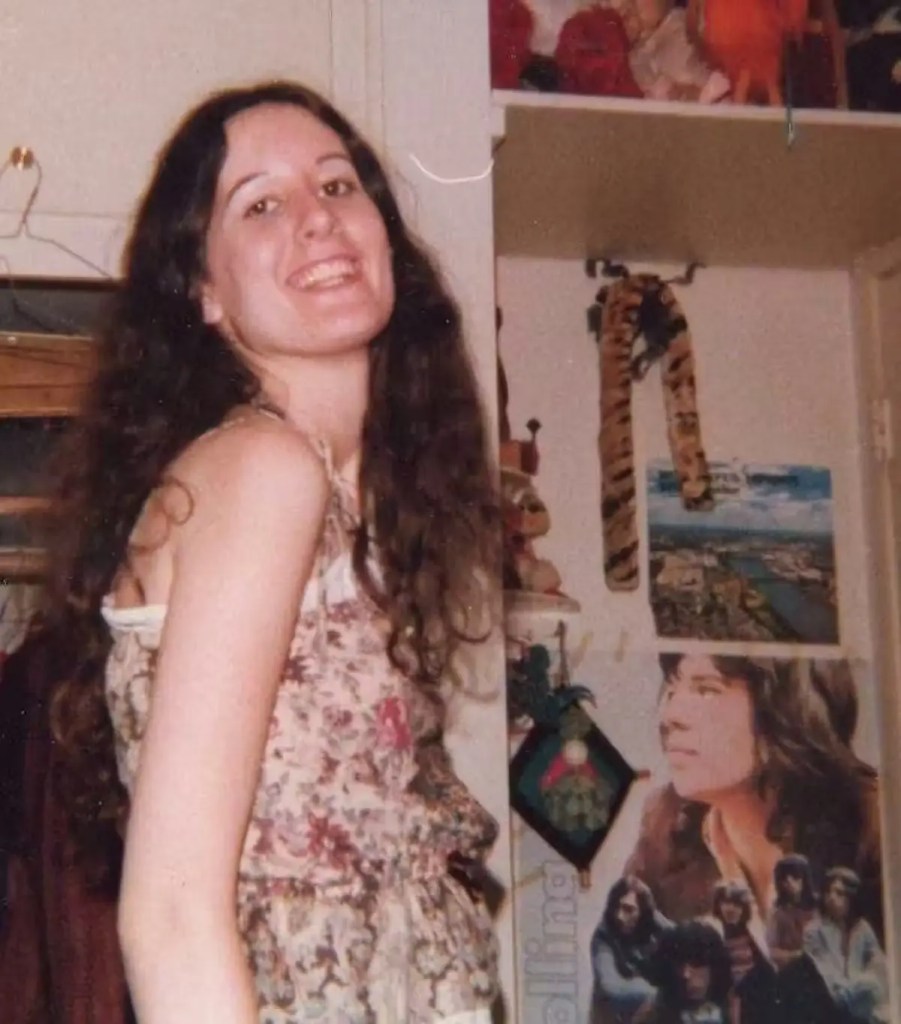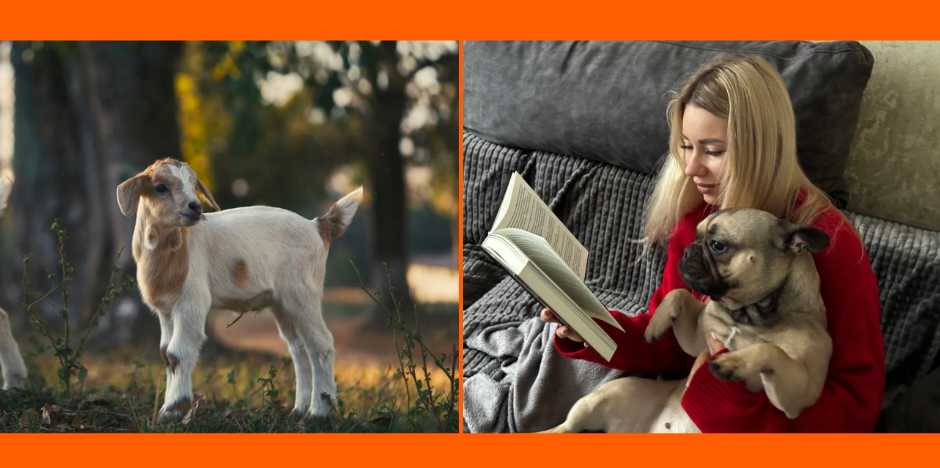When the “Caged Bird” met the “Rose”: Maya Angelou, Tupac Shakur, and the power of empathy
Five shots couldn’t drop me,
I took it and smiled,
Now I’m back to set the record straight,
With my A-K,
I’m still the thug that you love to hate.
— 2pac, “Hit Em Up”
To the public, politicians, and the media that covered him, Tupac Shakur was the textbook definition of a “thug” — an uncontrollable monster that was poisoning the minds of our youth and corroding our moral fabric. If you looked at him funny, he’d get in your face. If you punched him, he and his posse would jump you. If you shot at him, well…
That’s why his chance encounter with Dr. Maya Angelou stood out to most folks.
In 1992, Dr. Angelou was invited by director John Singleton to make a cameo performance in the film “Poetic Justice” starring Janet Jackson and Tupac.
Watch Dr. Angelou explain her unlikely encounter with Tupac to Dave Chappelle:
The story goes like this: As she was coming out of her trailer, she saw an angry young man in a confrontation, and she gently approached the man to ask to speak with him. He continued cursing, but Dr. Angelou — always with gentle but firm persistence — asked him this piercing question:
“When’s the last time anyone told you how important you are?”
She reminded him about what his ancestors went through — traveling on slave ships, lying next to one another in their own menstruation and excrement, standing on auction blocks. She explained how they survived all of that for him to be where he is today. It brought the young man to tears.
As she returned to her trailer, Janet Jackson came running to her to explain how she had just confronted Tupac Shakur. Dr. Angelou then exclaimed, “I didn’t know Tupac Shakur. I didn’t know ‘six-pack’! I had never heard the name!”
Many people were interested in the story simply for the fact that two icons of the black community — who seemingly couldn’t be any more different — crossed paths this way, and that Dr. Angelou was able to bring a seemingly hardened gangster rapper like Tupac to tears.
But there’s more to it. This is a story about the power of empathy, about meeting ferocity with love, about bravado, about seeing past a facade that society forced a young black man to construct. To really understand the power of this moment, you have to go deeper.
An interview with Ray Luv, a friend of Tupac
I had the opportunity to sit down for an exclusive interview with Ray Luv, a longtime friend of Tupac’s. On a perfect early spring day in Los Angeles, we met up at The Roosevelt Hotel, just around the corner from where the Oscars had been held a few days before.
Ray’s got a deep voice, and when he speaks, you can almost hear the bass of his voice echo inside his chest. He speaks with a passion for social justice and shares a lot of the same revolutionary fire that made Tupac so different from the rest of the hip-hop world.
Talking to a 42-year-old Ray and seeing him there with his sons, you can hear the passion of his youth, but it’s moderated by the wisdom that comes from the ups and downs of life. I couldn’t help but wonder what Tupac would have been like had he lived to 42.
Growing up politically aware
My mother never let me forget my history,
Hoping I was set free chains never put on me,
Wanted to be more than just free,
Had to know the true facts about my history.
— 2pac, “Panther Power”
Ray first met Pac when they were both in high school. Ray had been living on his own since 15. Like Tupac, he had come from a home shadowed by addiction, and also like Tupac, he had gone from a black junior high and enrolled in a predominantly white high school. What really brought them together, though, was a shared passion and drive to make it in the rap game.
They soon met Leila Steinberg, who held writing workshops and a poetry circle in the community. Seeing their circumstances at home, Leila decided to take them in, and under her care, they developed an appreciation of poetry and a hunger for knowledge.
“Leila was kinda like our third piece,” says Ray, “because she opened us up more to the poetry side of things. Not that we weren’t doing it. It’s just that there was nobody there to cultivate it, to expose us to a lot of the new material that ultimately helped us to create the deeper songs. The songs like ‘So Many Tears.’”
But even prior to meeting Leila, Tupac was already well-versed in the history of the African-American community. The revolutionary streak ran thick in his bloodline. His mother, Afeni Shakur, was a Black Panther. His stepfather, Mutulu Shakur, was a former member of the Black Liberation Army and is still serving time. His aunt, Assata Shakur, is currently living in Cuba under political asylum (yes, that Assata from the song by Common, which, side note, is why many were upset when Common was invited to the White House). This upbringing gave Tupac a solid grounding in activism and a passion to stand up for the injustices done to the black community.
So, while Maya Angelou didn’t know Tupac from a six-pack, Pac was intimately familiar with her work.
“He had no chill, no off button.”
Bought a fo’-five cause I heard that the slug’s bigger,
Figure the first motherfucker to jump’ll find hisself,
Gettin’ swept off his feet by the pump.
— 2pac, “Definition of a Thug Nigga”
As thoughtful as Tupac was, there’s no doubt he had a temper. It was there from day one.
“He had no chill … no chill button,” says Ray. “No off switch, none of that. I just spent an afternoon with his mother just chilling and talking, and she still has no chill switch, and she’s like late-60s.”
Ray explained how most people would pick their battles, but Tupac couldn’t walk away from a fight. In fact, at a panel during the opening of the Tupac exhibit at the GRAMMY Museum in LA, friends like Ray and Money B from Digital Underground explained how you couldn’t really consider yourself a friend of Tupac’s if you had never gotten in an argument with him. Money B joked that “calm down” was his trigger phrase. If you asked him to calm down mid-fight, he’d take it from a 10 to a 12.
“That’s something that is always said every time a black person does a little too much,” says Ray. “It’s like, ‘calm down,’ because, you know, the white people are watching. When, in actuality, there’s some things that you should be pissed off about. You shouldn’t burn down your neighborhood, but maybe you should stand up and say ‘This is some bullshit. We can do better. We should do better.’ Tupac was that guy — the guy who felt like he had to fight every fight and felt like he was the one that had to fight because if he didn’t, who would?”
In the following clip, Tupac talks about his frustration with the shadow cast by the alter ego he created to defend himself. If you had an intruder in your house, he says, you wouldn’t speak with a quiet voice. You’d puff out your chest and act threatening. The same went for Tupac. He felt like he had to create this bravado image to protect himself, but he was increasingly frustrated that it came to define him.
Yes, this alter ego — originally created as a defense mechanism — became the only thing people knew about him. But Ray says, “That’s why Pac was so appealing to my generation. It was a generation full of angry kids.”
It was precisely that anger and aggression put into poetic words that expressed the frustrations of a generation who had seen their family units torn apart, forced to fight poverty, drugs, crime, and police brutality, fighting for survival on all fronts. Yet, the same characteristic that drew so many people to Tupac trapped him in a crude caricature of a single facet of his complicated personality.
The ‘Bird’ meets the ‘Rose’
But a bird that stalks
down his narrow cage
can seldom see through
his bars of rage
his wings are clipped and
his feet are tied
so he opens his throat to sing.
— Maya Angelou, “ Caged Bird“
In 1992, fresh off the critical acclaim of “Boyz n the Hood,” John Singleton began filming “Poetic Justice” in Simi Valley, a sleepy suburb of LA. Tupac, then only 21 years old, had only one album to his name, “2Pacalypse Now.”
During the filming of the movie, the LA riots broke out. It was this volatile mix — a young man coming into fame, racial tensions reaching a boiling point, a militant upbringing, a short temper, being trapped in an alter ego of his own creation — that Maya Angelou first encountered.
What was it about Dr. Angelou that pierced through all of his defense mechanisms? I asked Ray to talk about it.
“Well, you know, that was the thing, too, about our generation is that we lost our parents,” says Ray. “We were the first kids to really lose our parents. Like, my parents had parents [around], you know what I mean? They can remember a clear village raising the child — you know grandparents, the whole thing. My generation kinda had the streets … and I think that [Dr. Angelou] looked at him in a way that [was] really the way we always wanted to be looked at by the older black generation, that we were their kids, not that we were some kind of fuckin’, you know, mutant thing that happened, that they don’t understand, that they’re afraid of.”
Not only was this new generation of voices from the black community shouted down, told to be quiet, told to work within the system, but they also faced people like C. Delores Tucker from within their own community publicly shaming them, attacking them, but never once sitting down with any of them to have dialogue.
So, at the surface, we saw Tupac as angry, militant, and foul-mouthed. But underneath was this complicated mix of upbringing, personality, circumstance, and culture that influenced all his interactions with people.
Dr. Angelou didn’t need to know his history to know that he was a young kid who needed to be reminded of his worth. She spoke to him about the history of his people because she knew it was a shared pain. Tupac knew it not only from reading about it, but from living it himself.
In the next clip, Tupac paraphrases from his famous poem, “The Rose That Grew From Concrete.” He talks about how if you see a rose growing from the concrete, you marvel at its tenacity for making it that far, rather than tear it down for its imperfections. So, he asks, why don’t we celebrate the fact that he made it out from the unlikeliest of circumstances, rather than tear him down for his outward appearance?
This was the deep empathy of Maya Angelou touching the heart of a fierce, compassionate, intelligent, complicated, and misunderstood young Tupac Shakur. It’s a lesson we should remember today.























